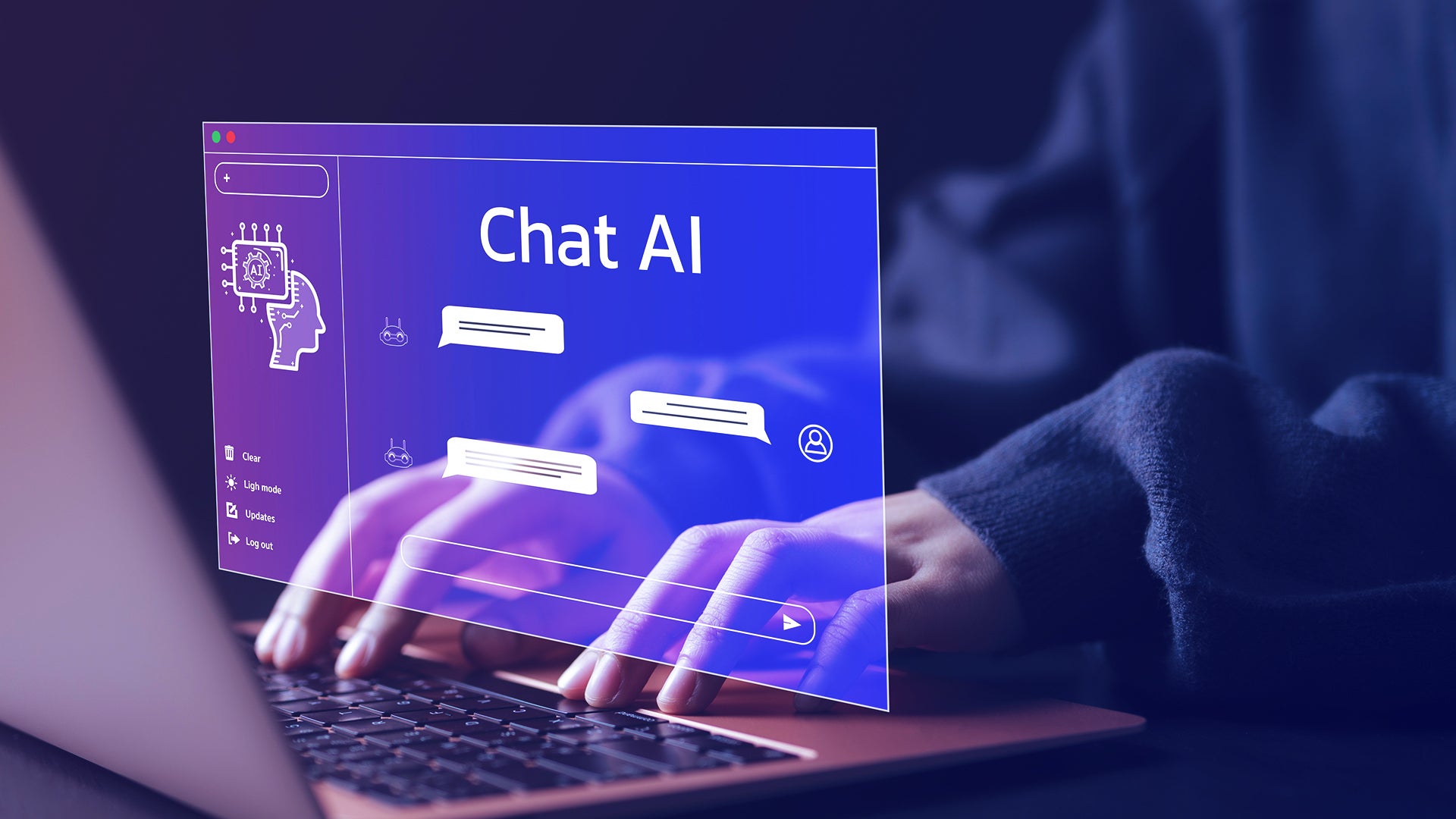Prominent tech leaders call for temporary pause on AI development over ‘profound risks’
/cloudfront-us-east-1.images.arcpublishing.com/tgam/ZAVJQHJCVNPHDFCOZWPGGTFTG4.jpg)
Well known synthetic intelligence scientists and tech leaders, which include Canadian deep-mastering pioneer Yoshua Bengio and Tesla main government Elon Musk, are contacting for a short-term pause on the quick development of some AI units, arguing the engineering poses “profound dangers to modern society and humanity.”
They and all around 1,300 other people have signed an open up letter proposing that AI labs quickly halt the instruction of methods that are additional potent than GPT-4, the newest iteration of a massive language product created by OpenAI. The letter indicates the pause go on for at least 6 months, to give the market time to produce and apply shared protection protocols. “Powerful AI methods need to be developed only the moment we are confident that their results will be favourable and their dangers will be manageable,” the letter says.
Other signatories include Apple co-founder Steve Wozniak, Skype co-founder Jaan Tallinn and Emad Mostaque, the chief government of Stability AI, which has made a common text-to-picture generator referred to as Steady Diffusion. The letter was co-ordinated by the Upcoming of Existence Institute, a non-earnings the place Mr. Musk serves as an adviser.
Mr. Bengio, the founder and scientific director at Mila, a equipment-discovering institute in Montreal, stated at a news convention Wednesday that AI has the likely to deliver a lot of added benefits to society. “But also I’m anxious that highly effective instruments can have unfavorable makes use of and that culture is not ready to deal with that,” he claimed.
Generative AI, a phrase for engineering that results in textual content and illustrations or photos centered on a couple text supplied by a user, has skyrocketed in reputation considering the fact that OpenAI unveiled a chatbot termed ChatGPT in November. Enterprise cash companies have rushed to pump funds into AI startups, though founded tech giants – these kinds of as Microsoft, and Google mum or dad organization Alphabet – have scrambled to combine generative AI characteristics into their products and solutions.
The developments have astounded some. GPT-4, which was produced earlier this thirty day period, can describe photos, code a web site primarily based on practically nothing much more than a napkin sketch and move standardized exams. But some observers are deeply concerned by the breakneck velocity at which these devices are attaining sophistication.
Of individual problem to Mr. Bengio is the likelihood that huge language models, or LLMs, could be employed to destabilize democracies. “We have resources that are in essence starting off to master language,” he said. “We already have promotion and political marketing. But picture that boosted with very strong AI that can talk to you in a personalized way and impact you in approaches that had been not doable prior to.”
The letter cites other threats, like the possible for jobs throughout industries to be automatic. And it notes that AI designs are opaque and unpredictable. “Should we build nonhuman minds that might inevitably outnumber, outsmart, obsolete and exchange us?” the letter claims. “Such choices ought to not be delegated to unelected tech leaders.”
The proponents of the pause argue that marketplace protection criteria not only have to have to be created and put in place, but audited and overseen by impartial specialists. The signatories are not calling for a pause on AI enhancement in typical, but “a stepping back again from the hazardous race to ever-much larger unpredictable black-box styles with emergent capabilities.” If the halt just can’t be carried out immediately, the letter states, governments should really challenge a moratorium.
“Six months is not heading to be sufficient for culture to uncover all the methods,” Mr. Bengio stated. “But we have to start someplace.”
In reaction to the letter, OpenAI CEO Sam Altman told the Wall Road Journal that the signatories are “preaching to the choir.” He claimed his company has always taken basic safety very seriously. OpenAI, which is primarily based in San Francisco, has not started off education the future model of GPT-4.
Max Tegmark, an MIT physics professor and president of the Long term of Everyday living Institute, stated at the information meeting that while AI scientists and firms are rightly anxious about societal possibility, they confront enormous tension to launch goods swiftly, to avert by themselves from falling powering the competitiveness. “Our objective is to enable … avoid this pretty destructive competition driven by business pressure, exactly where it is so really hard for organizations to resist accomplishing reckless items,” he said. “They require aid from the broader neighborhood for the reason that no corporation can slow down by yourself.”
Some scientists have criticized the open up letter. Arvind Narayanan, a computer-science professor at Princeton University, wrote on Twitter that the letter exaggerates both of those the abilities and the existential challenges of generative AI. “There will be consequences on labour and we ought to program for that, but the thought that LLMs will shortly exchange pros is nonsense,” he reported.
Yann LeCun, the main AI scientist at Meta, wrote on Twitter that he did not indication the letter and does not agree with its premise. But he did not elaborate.
“There’s knowledge in slowing down for a minute,” mentioned Gillian Hadfield, a regulation professor at the University of Toronto and senior policy adviser to OpenAI. “The authentic obstacle here is we really don’t have any authorized framework all around this, or very, incredibly small lawful frameworks.” Ms. Hadfield would like to see a procedure in which firms creating large AI types have to register and get hold of licences, in case dangerous abilities emerge. “If we need a licence, we can acquire away a licence,” she said.
Canada has its own OpenAI competitor in Toronto-centered Cohere Inc., which develops language-processing technological innovation that can be applied to deliver, review and summarize textual content. Cohere partnered with OpenAI last year on a established of very best procedures for deploying the know-how, together with actions to mitigate dangerous conduct and limit bias.
As a result of a spokesperson, Cohere declined to comment.
Calls to get a breather on AI enhancement have been escalating in modern weeks. In February, Conservative MP Michelle Rempel Garner co-authored a Substack put up with Gary Marcus, a New York College emeritus psychology professor and entrepreneur in Vancouver who has emerged as a vocal critic of how generative technology is remaining rolled out. The two made the situation for governments to think about hitting pause on the general public launch of possibly dangerous AI.
“New pharmaceuticals, for illustration, commence with tiny clinical trials and move to bigger trials with bigger quantities of people, but only at the time sufficient evidence has been developed for govt regulators to believe they are safe,” they wrote. “Given that the new breed of AI units have shown the potential to manipulate people, tech companies could be subjected to identical oversight.”








